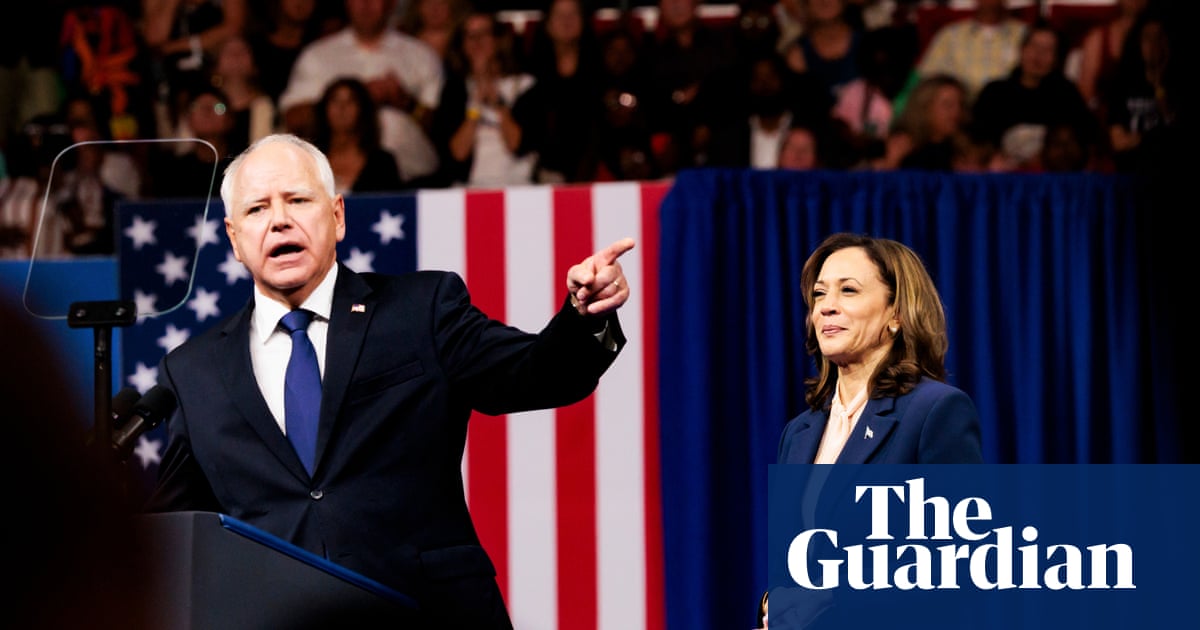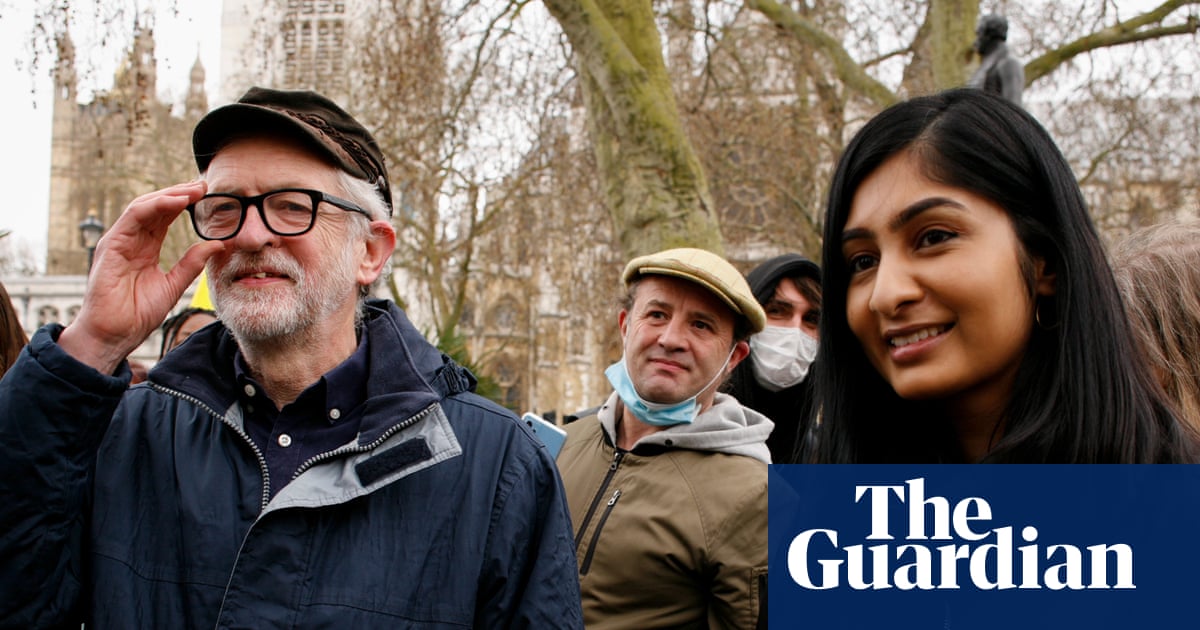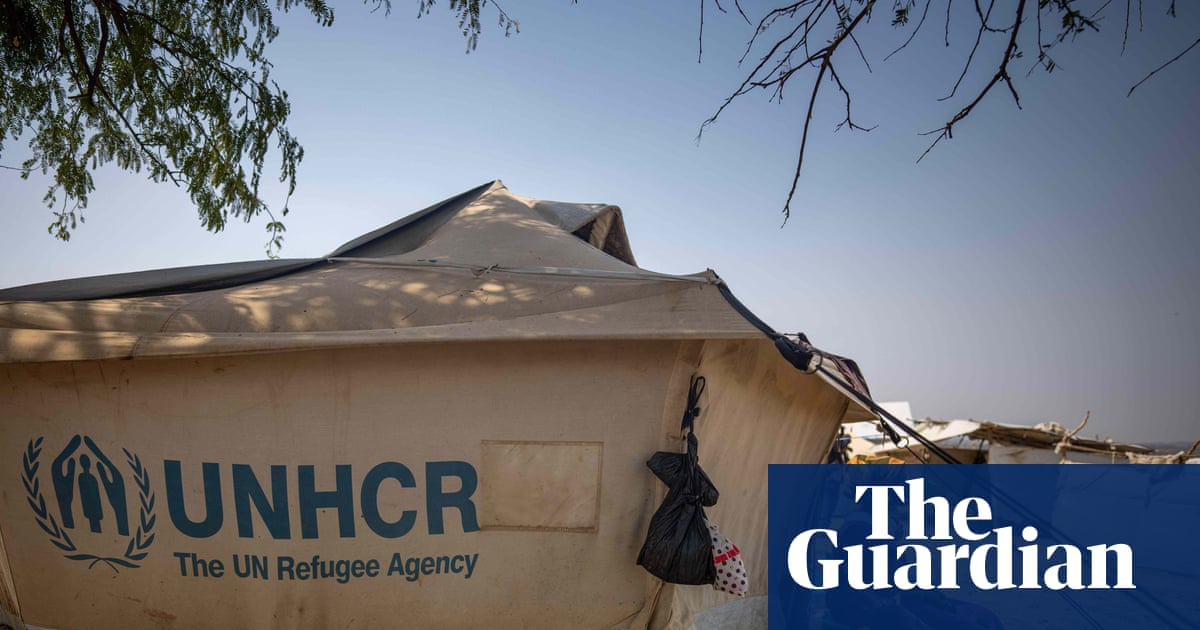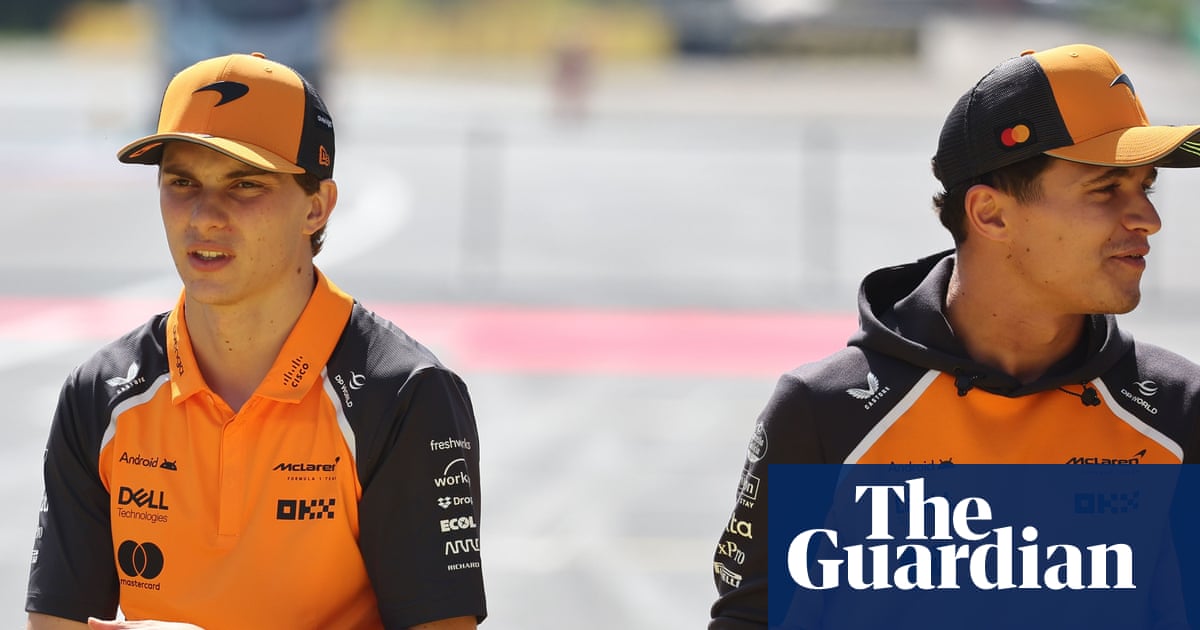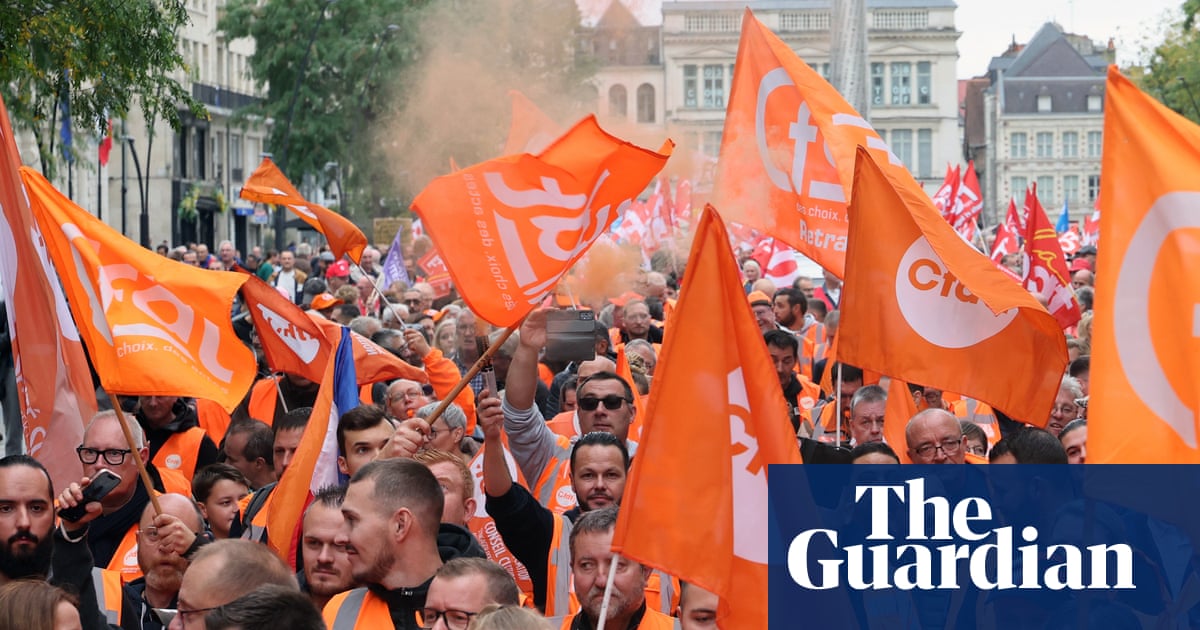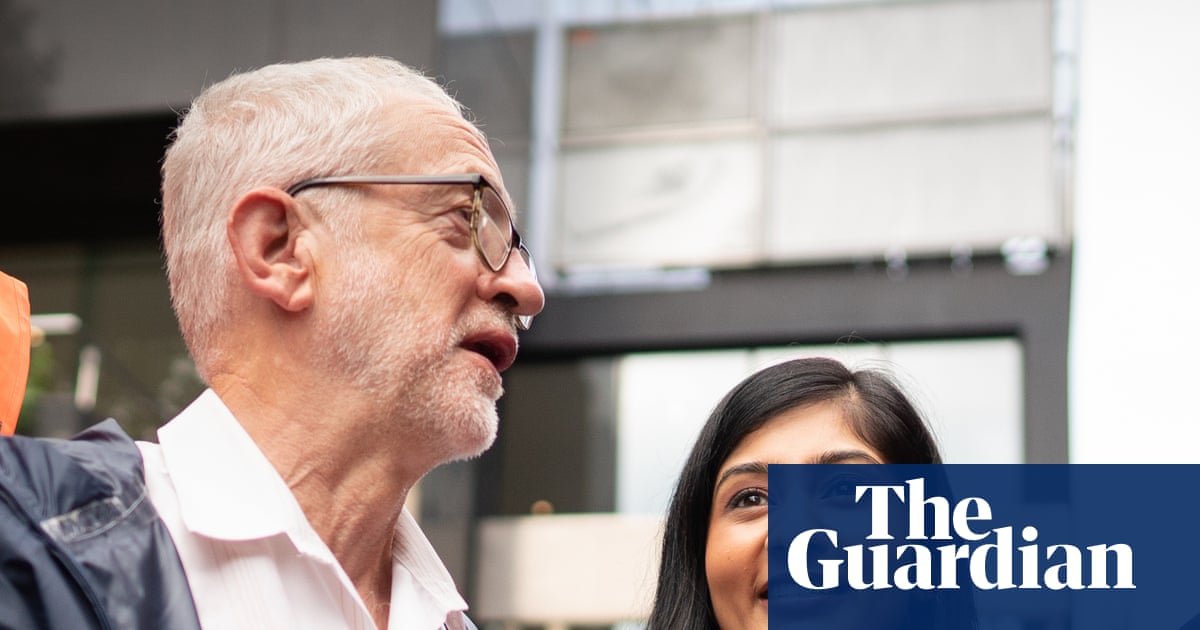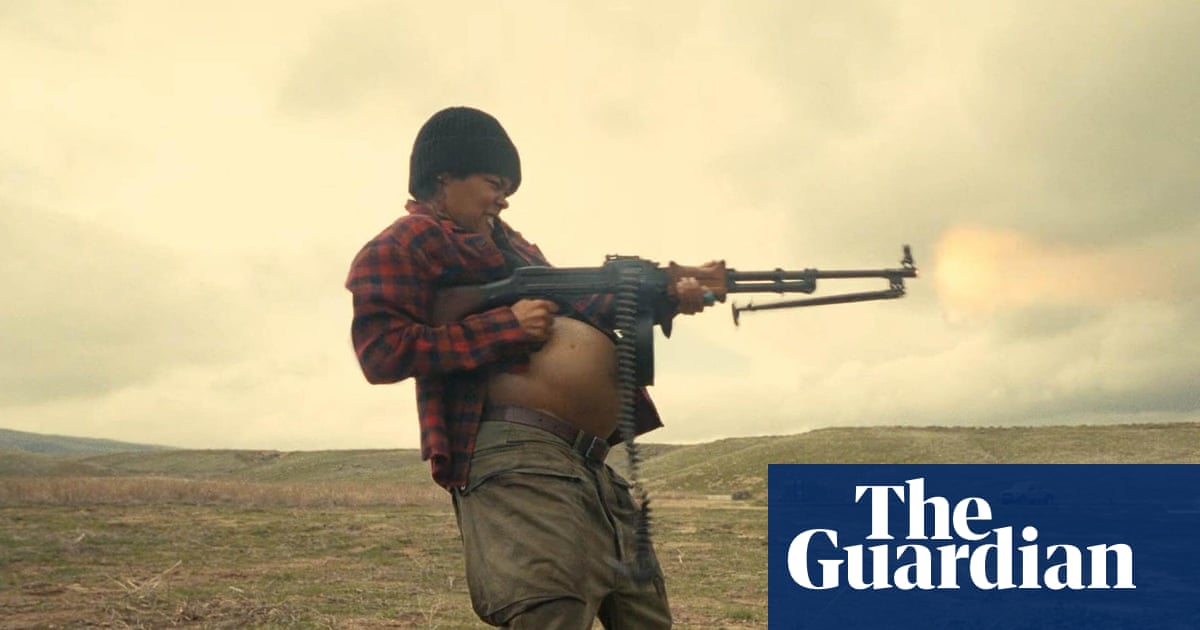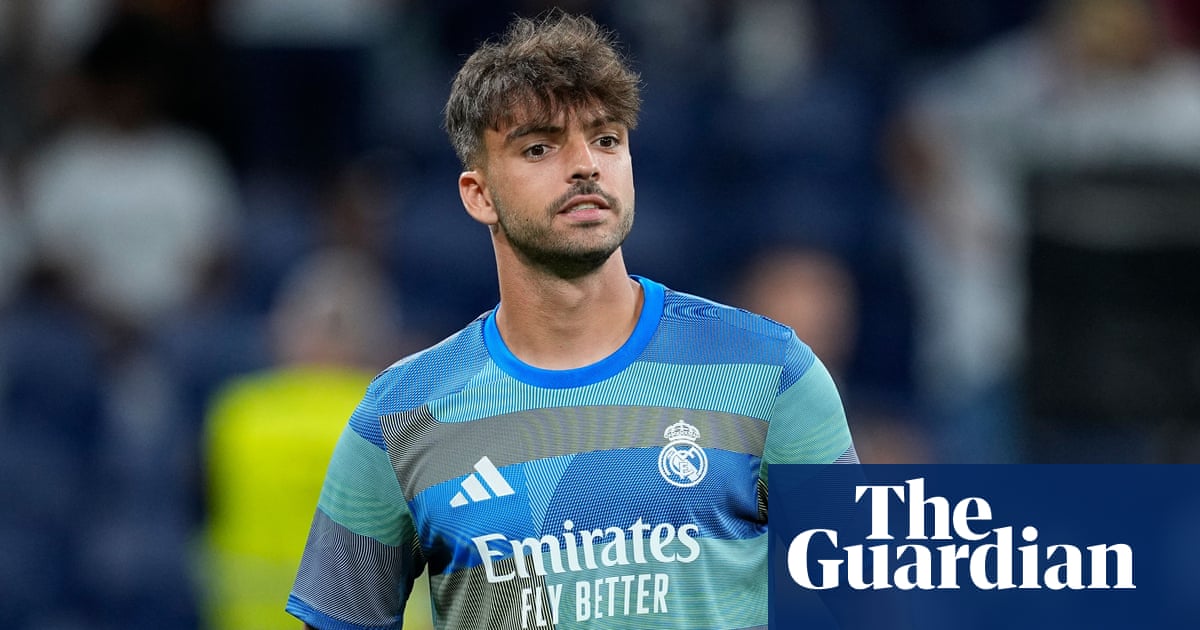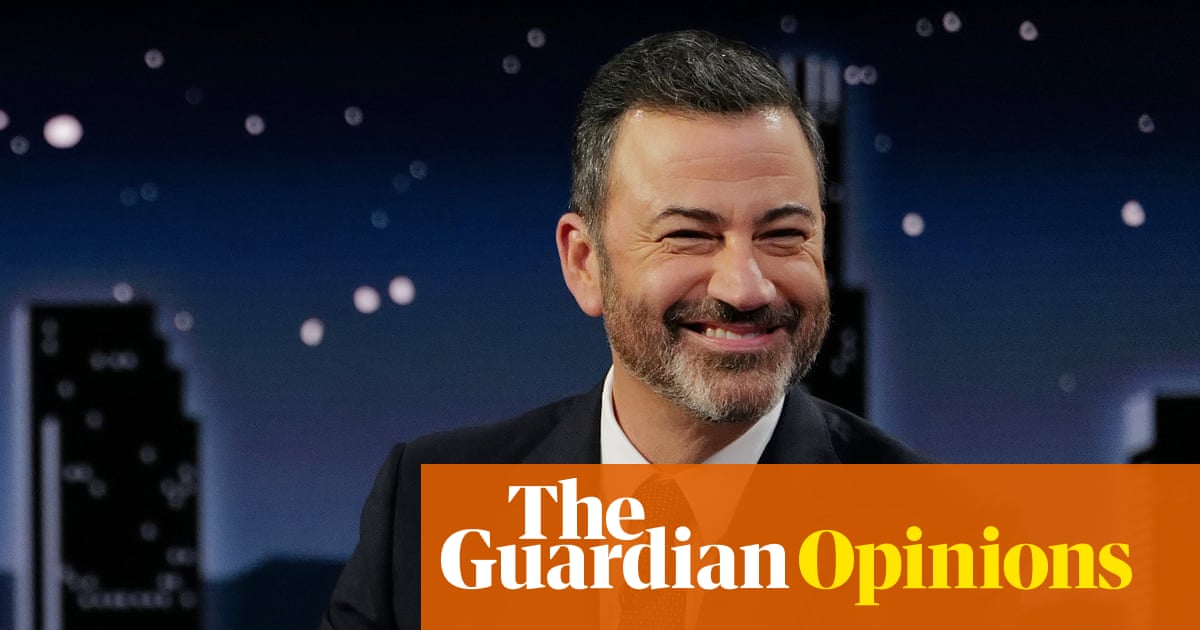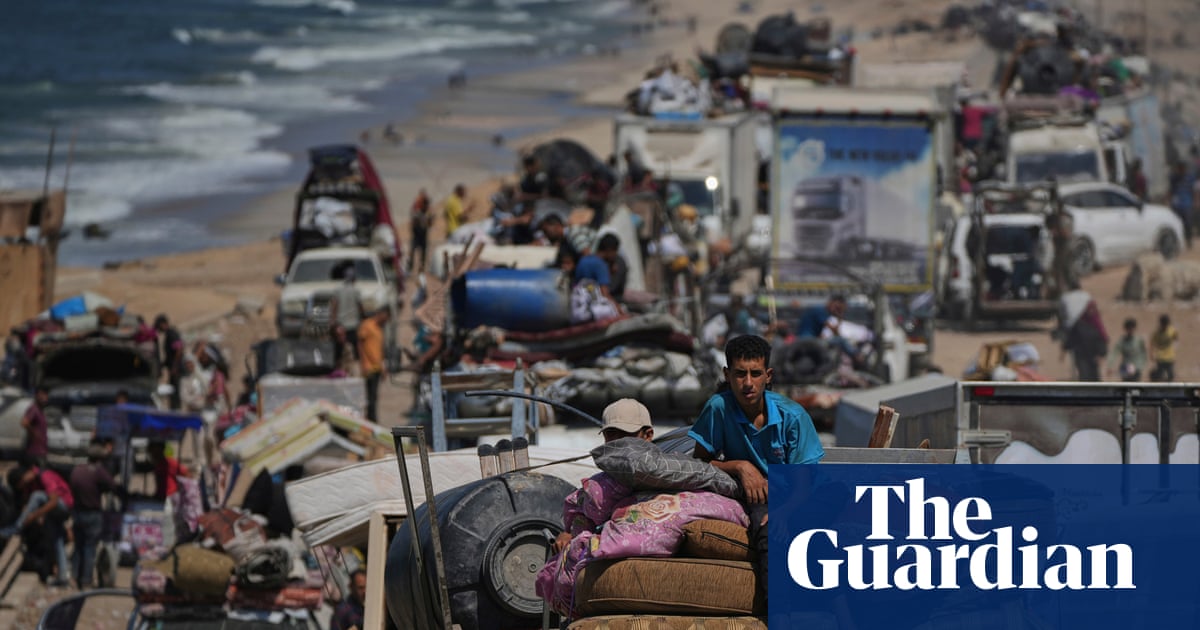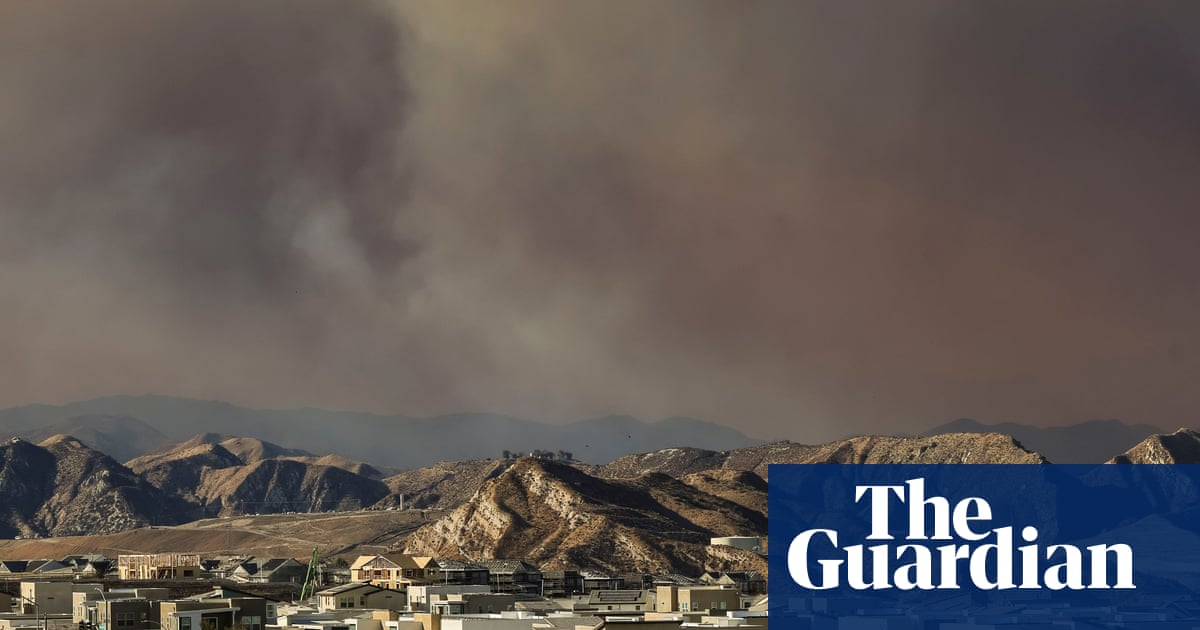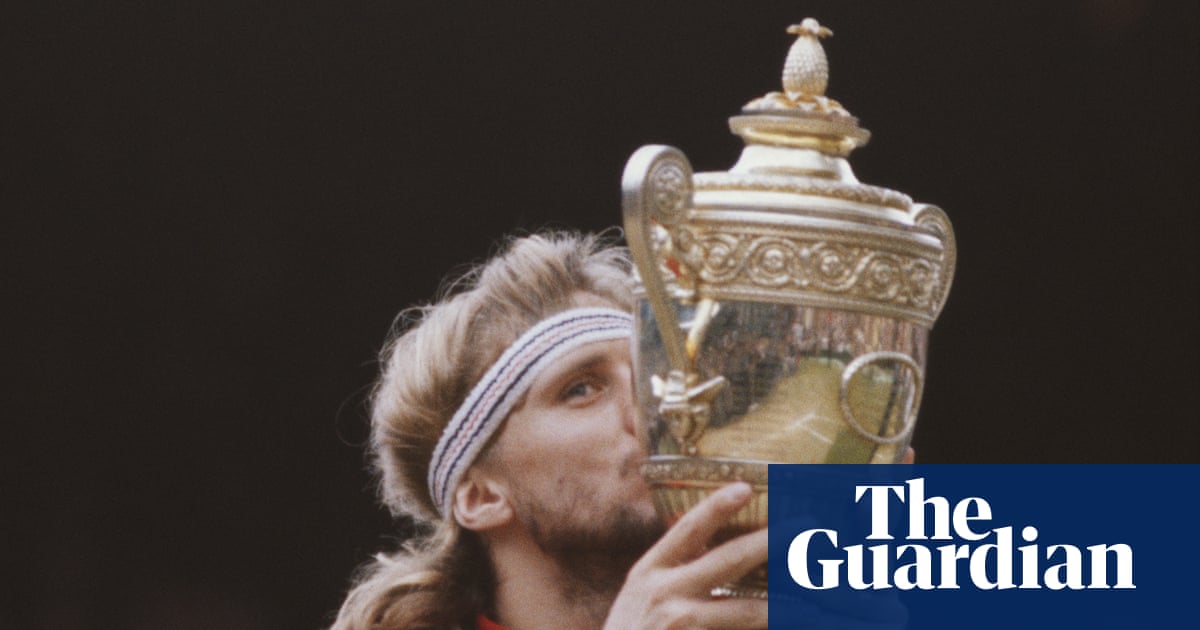Negotiations between Ukrainian and Russian delegations in Istanbul ended without agreement on a ceasefire on Monday, but with both sides agreeing to exchange more prisoners.
Ukraine’s president, Volodymyr Zelenskyy, said the two sides had agreed to exchange 1,000 prisoners of war each, with the possibility of swapping an additional 200 PoWs. He said an agreement had also been made to return the remains of killed service personnel, but added that this would take careful preparation.
Zelenskyy did not take part in the talks but was speaking during a visit to Lithuania, where he called for stronger sanctions on Russia if it did not agree to a ceasefire.
He said his negotiators had given their Russian counterparts a list of nearly 400 abducted Ukrainian children that Kyiv wanted Moscow to return home, but that the Russian delegation agreed to work on returning only 10 of them.
Ukrainian officials said that the focus of the prisoner exchange should be the wounded and sick as well as young soldiers between 18 and 25 years old. Russian officials confirmed that “all” sick and wounded prisoners would be swapped, and that the exchange would involve at least 1,000 PoWs.
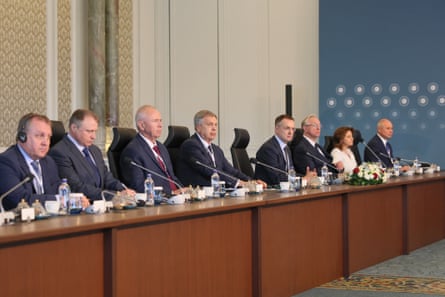
Monday’s negotiations took place at the Çırağan Palace, a vast 19th-century Ottoman edifice on the banks of the Bosphorus which is now a luxury hotel. In one of its expansive high-ceilinged conference chambers, the two delegations, each about a dozen strong, sat at long tables facing each other, about 10 metres apart. The Russians all came in dark suits, while the Ukrainians were mostly in military uniform. The whole meeting took less than two hours.
After the talks, Ukraine’s head negotiator and defence minister, Rustem Umerov, said the return of the abducted children “is a fundamental priority for us”.
“If Russia is genuinely committed to a peace process, the return of at least half the children on this list is positive,” Umerov said.
The head of the Russian delegation, Vladimir Medinsky, confirmed only that it had received a list of 339 names of people Ukraine wanted returned, but did not comment further.
The international criminal court in The Hague issued arrest warrants for Vladimir Putin and a senior aide in 2023 for the unlawful deportation of Ukrainian children.
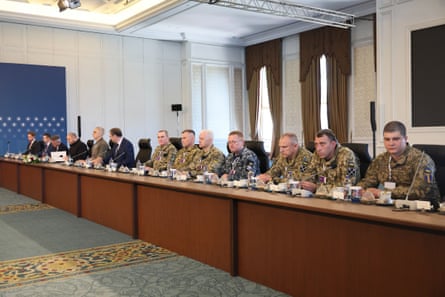
At Monday’s meeting in Istanbul, Ukrainian officials said that the Russians rejected Kyiv’s call for an unconditional ceasefire of at least a month, but had instead handed over a written proposal which the Ukrainians said they would need more time to study before responding. They suggested the talks should reconvene towards the end of June.
The Russian state news agency, RIA, said the Russian document proposed two options for a ceasefire, one of which would require Ukraine to begin a complete withdrawal of its troops from four of its regions occupied by Russia. RIA described the second option only as a “package” containing a number of unspecified conditions.
Turkey’s president, Recep Tayyip Erdoğan, said meanwhile his government wanted to arrange a summit between Volodymyr Zelenskyy and Vladimir Putin.
“My desire is to bring Putin and Zelenskyy together in Istanbul or Ankara – also to invite Trump to this meeting as well,” Erdogan said after a cabinet meeting in Ankara. “We will take steps for this meeting after the latest talks.”
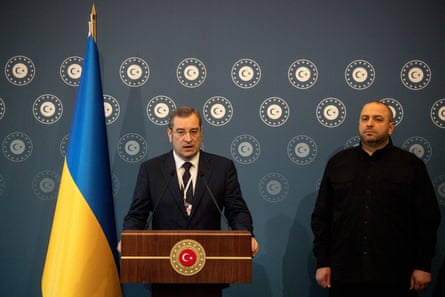
Zelenskyy has repeatedly said he is ready to meet Putin, and on Monday, Umerov restated Kyiv’s desire for a summit.
“We believe that all the key issues can only be solved at the level of leaders … with the possible involvement of other leaders such as the president of the United States,” the defence minister said.
Heorhii Tykhyi, the Ukrainian foreign ministry spokesperson, said: “If Putin says he is ready to meet tomorrow, our president Zelenskyy is ready to meet him tomorrow.”
Last month, Zelenskyy challenged Putin to meet him in Ankara for a summit suggested by Donald Trump, but the Russian leader did not respond, and has sent mid-level officials to the talks instead.
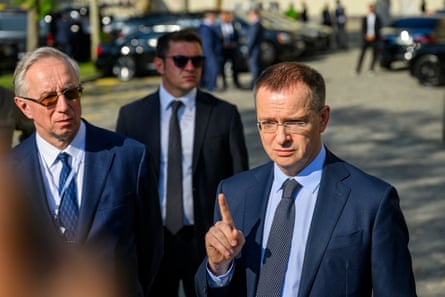
Briefing reporters after Monday’s talks, Medinsky said that the memorandum given to the Ukrainian delegation included proposed “steps towards a full ceasefire”. He added that Moscow had suggested short ceasefires of two or three days at some parts of the front “so that commanders can collect the bodies of their soldiers”. But he did not specify where Russia was proposing such local truces should take place. The Ukrainian side did not respond publicly to the proposal.
Both sides stepped up their military operations before the Istanbul talks, with the Ukrainians carrying out a complex drone strike on targeting Russian bomber planes on four military airfields across Russia, as far away as Siberia.
Ukrainian officials said that Sunday’s remote-controlled drone operation, codename Operation Spiderweb, had been 18 months in the planning, and had succeeded in damaging or destroying 41 planes including Tu-160 and Tu-22 bombers, as well as Tu-95 used to launch cruise missiles against Ukraine. Ukrainian intelligence put the total of Russian material losses at $7bn (£5.2bn).
Ukraine’s prime minister, Denys Shmyhal, called it a “very accurate military operation”, adding that as long as Russia rejected a ceasefire and continued to carry out attacks on Ukrainian civilians, Ukraine could continue to develop new ways to hamper Russia’s capacity to carry out missile or drone attacks.
“Innovative technologies played a really crucial role in this operation, and these technologies now are the game-changers on the battlefield. And I believe that Ukraine has many other ideas, technologies, how to move ahead,” Shmyhal told the France24 television channel. “We are working constantly to do our best to [restrict] Russian possibility to attack Ukraine … We continue to clear our sky from Russian bombers, and we will do the same in other spheres, including on the ground.”

 3 months ago
101
3 months ago
101
